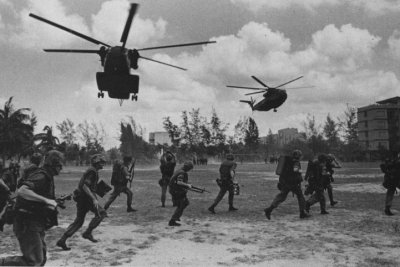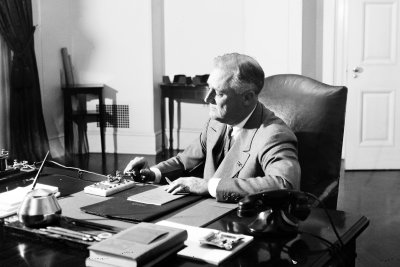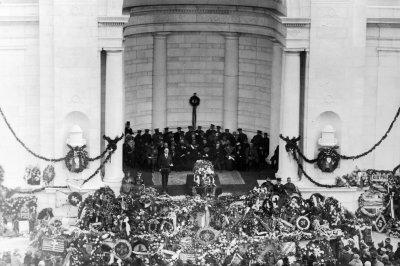Topic: Kurt Vonnegut
Kurt Vonnegut, Jr., ( /ˈvɒnɨɡət/; November 11, 1922 – April 11, 2007) was an American writer of the 20th century. He wrote such works as Cat's Cradle (1963), Slaughterhouse-Five (1969), and Breakfast of Champions (1973) blending satire, gallows humor, and science fiction. He was known for his humanist beliefs and was honorary president of the American Humanist Association.
Kurt Vonnegut, Jr., was born in Indianapolis, Indiana, to third-generation German-American parents, Kurt Vonnegut, Sr., and Edith Lieber. Both his father and his grandfather Bernard Vonnegut attended Massachusetts Institute of Technology and were architects in the Indianapolis firm of Vonnegut & Bohn. His great-grandfather Clemens Vonnegut, Sr. was the founder of the Vonnegut Hardware Company, an Indianapolis institution. Vonnegut graduated from Shortridge High School in Indianapolis in May 1940 and matriculated to Cornell University that fall. Though majoring in chemistry, he was Assistant Managing Editor and Associate Editor of The Cornell Daily Sun. He was a member of the Delta Upsilon Fraternity, as was his father. While at Cornell, Vonnegut enlisted in the U.S. Army. The Army transferred him to the Carnegie Institute of Technology and the University of Tennessee to study mechanical engineering. On Mothers' Day in 1944, his mother committed suicide with sleeping pills.
Kurt Vonnegut's experience as a soldier and prisoner of war had a profound influence on his later work. As a private with the 423rd Infantry Regiment, 106th Infantry Division, Vonnegut was captured during the Battle of the Bulge on December 19, 1944, after the 106th was cut off from the rest of Courtney Hodges's First Army. "The other American divisions on our flanks managed to pull out: We were obliged to stay and fight. Bayonets aren't much good against tanks..." Imprisoned in Dresden, Vonnegut was chosen as a leader of the POWs because he spoke some German. After telling the German guards "...just what I was going to do to them when the Russians came..." he was beaten and had his position as leader taken away. While a prisoner, he witnessed the fire bombing of Dresden in February 1945 which destroyed most of the city.
It uses material from the Wikipedia article "Kurt Vonnegut."













